Talk to me about induction vs gas
babyraccoon
10 years ago
Related Stories
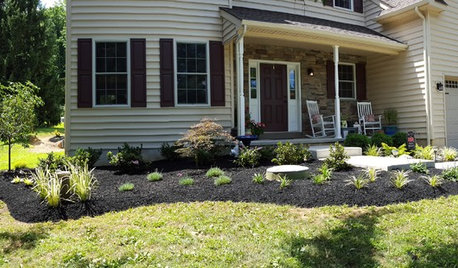
LIFEIf You Could Talk to Your House, What Would You Say?
‘Pull yourself together’ or ‘thank you for transforming my life’? Notes to homes around the country hit us where we live
Full Story
FUN HOUZZHouzz Call: Tell Us About Your Dream House
Let your home fantasy loose — the sky's the limit, and we want to hear all about it
Full Story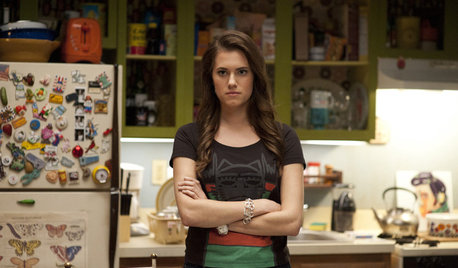
KITCHEN DESIGNHouzz Call: Tell Us About Your First Kitchen
Great or godforsaken? Ragtag or refined? We want to hear about your younger self’s cooking space
Full Story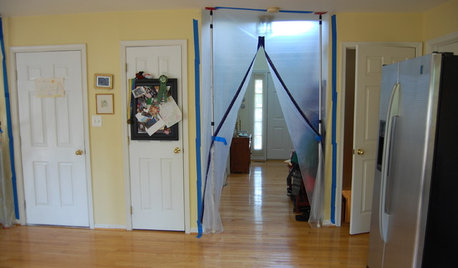
HEALTHY HOMEWhat to Know About Controlling Dust During Remodeling
You can't eliminate dust during construction, but there are ways to contain and remove as much of it as possible
Full Story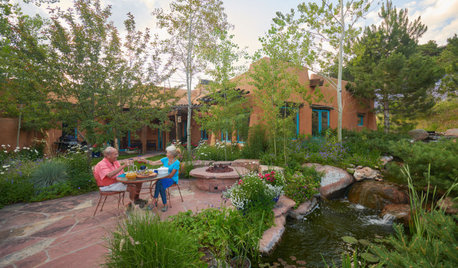
WORKING WITH PROSWhat Do Landscape Architects Do?
There are many misconceptions about what landscape architects do. Learn what they bring to a project
Full Story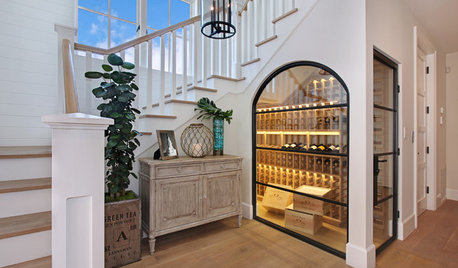
LIGHTINGWhat to Know About Switching to LED Lightbulbs
If you’ve been thinking about changing over to LEDs but aren't sure how to do it and which to buy, this story is for you
Full Story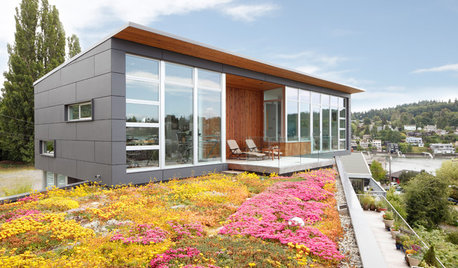
CONTRACTOR TIPSBuilding Permits: What to Know About Green Building and Energy Codes
In Part 4 of our series examining the residential permit process, we review typical green building and energy code requirements
Full Story
MATERIALSInsulation Basics: What to Know About Spray Foam
Learn what exactly spray foam is, the pros and cons of using it and why you shouldn’t mess around with installation
Full Story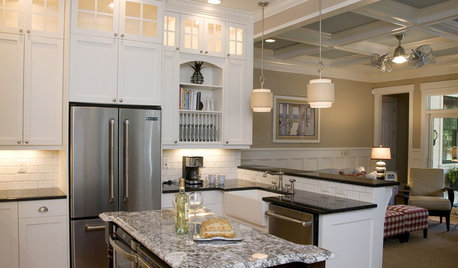
KITCHEN DESIGNStay Cool About Picking the Right Refrigerator
If all the options for refrigeration leave you hot under the collar, this guide to choosing a fridge and freezer will help you chill out
Full Story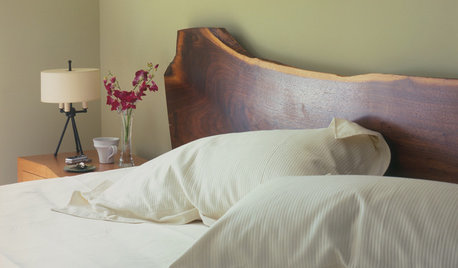
HEALTHY HOMEWhat You Need to Know About Dust and How to Fight It
Breathe easier with these 10 tips for busting mites, dander and other microscopic undesirables
Full Story





deeageaux
Cavimum
Related Professionals
Brownsville Kitchen & Bathroom Designers · Haslett Kitchen & Bathroom Designers · Lockport Kitchen & Bathroom Designers · Pleasanton Kitchen & Bathroom Designers · Lyons Kitchen & Bathroom Remodelers · Paducah Kitchen & Bathroom Remodelers · Pasadena Kitchen & Bathroom Remodelers · Rancho Cordova Kitchen & Bathroom Remodelers · Phillipsburg Kitchen & Bathroom Remodelers · Effingham Cabinets & Cabinetry · Eureka Cabinets & Cabinetry · Graham Cabinets & Cabinetry · Lockport Cabinets & Cabinetry · West Freehold Cabinets & Cabinetry · Harmony Plumbersweedmeister
a2gemini
ginny20
attofarad
babyraccoonOriginal Author
jadeite
pber2025
dan1888
luv2putt
herring_maven
bevwinchester
BeverlyFLADeziner
BeverlyFLADeziner
herring_maven
Suzi AKA DesertDance So CA Zone 9b
sjhockeyfan325